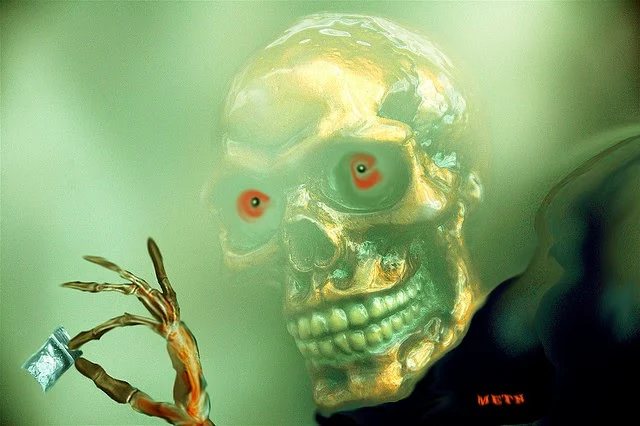The Science of Addiction: How Drugs Affect the Brain

For centuries, the theory of drug addiction was labored in the fogs of awkward myths and misconceptions. Drug abusers were then viewed as individuals who made poor decisions or lacked willpower, rather as patients suffering from a chronic brain disorder.
Thanks to advances in scientific research. Drug addiction is now established as a disease that changes the brain and how we behave. Revolutionary advances in neuroscience have revolutionized the views and understandings of drug addiction by scientists, enabling them to develop newer approaches to prevent and treat it.
Even with these advances in neuroscience, still there are many who live with the traditional set of beliefs about drug addiction, and don't understand how drugs change the brain over time. This article is written to cover that knowledge gap by providing scientific information about how the brain responds to addictive drugs and how drugs change the normal functioning of the brain.
Neurological Effects of Drugs
The human brain is wired in a way that it can repeat life-sustaining activities by linking those activities with pleasure or reward. When someone does an action that satisfies a need or fulfills a desire, the brain's reward circuit becomes activated to produce pleasure feelings. The brain then records the action, making it a highly desired experience that we want to repeat over and over.
No one takes a drug thinking of getting addicted to it. Often, people get themselves caught in its snare, as all drugs of abuse stimulate the same reward circuit. However, addictive drugs affect the brain much more intensely than natural rewards, such as eating, bonding, and sex.
Brain Chemistry and Addiction
Dopamine is a neurotransmitter that controls rewarding behaviors and pleasure feelings. According to a study by Di Chiara and Imperato from 1988, abusing drugs may release up to 10 times the amount of dopamine that natural rewards do.
Here's the thing: drugs trick the brain. They make it release dopamine way more than what our natural rewards do. Within a few minutes after entering the body, they cause significant changes in the brain's reward system by overloading the circuit with dopamine. The pleasure feelings that the brain gets because of this strongly encourages their drug use behavior, giving them the drive to do it again.
When the brain gets too much dopamine from drugs, it tries to handle it by making less dopamine on its own. This means the brain's reward system doesn't react as much to the drug anymore. It's like when you eat your favorite ice cream every day, and it starts to taste less special. Because of this, a person won't feel as happy from the same amount of the drug and will want more of it to try to get that strong happy feeling back.
This cycle makes it harder for the person to find joy in everyday things, pushing them to use more of the drug to chase that initial high. This change makes the brain and body rely more on the drug, leading to a tough cycle of needing more of it to feel okay.
Long-term Impact of Drugs on Neurotransmitters
Continued use of addictive drugs has long-term effects on the brain's pleasure and reward system. Imaging studies on drug addicts have provided strong evidence of physical changes in brain regions that are connected to motivation, learning, decision-making, memory, and self-control. Hyman and Malenka (2001) suggested that these changes could be at the structural, cellular, molecular, and genomic levels.
The more often a user takes the substance, the more desensitized their reward system becomes. As a result, they start requiring higher doses of the abusive drug to bring their dopamine levels to the reward state. They eventually lose control over their drug use and start engaging in obsessive drug-seeking behavior.
Over time, these changes outweigh the brain's normal hierarchy of needs and desires and substitute those with new priorities connected to drug seeking and using. Finally, everything that once held value in a user's life, such as job, family, and friends, are hijacked to the intense impulses for taking drugs. A drug user then turns into a drug addict.
Final Thoughts
In conclusion, recognizing drug addiction as a disease makes it clear that it's not about not having enough willpower. It's about how drugs change the brain. This way of looking at addiction can help us find better ways to support people who are trying to quit and make sure they have the help they need to recover.
Reference
Di Chiara G, & Imperato A (1988). Drugs abused by humans preferentially increase synaptic dopamine concentrations in the mesolimbic system of freely moving rats. Proceedings of the National Academy of Sciences of the United States of America, 85 (14), 5274-8 PMID: 2899326.
Hyman SE, & Malenka RC (2001). Addiction and the brain: the neurobiology of compulsion and its persistence. Nature reviews. Neuroscience, 2 (10), 695-703 PMID: 11584307.
Image source: Don Hankins, CC-BY-2.0, via Flickr


